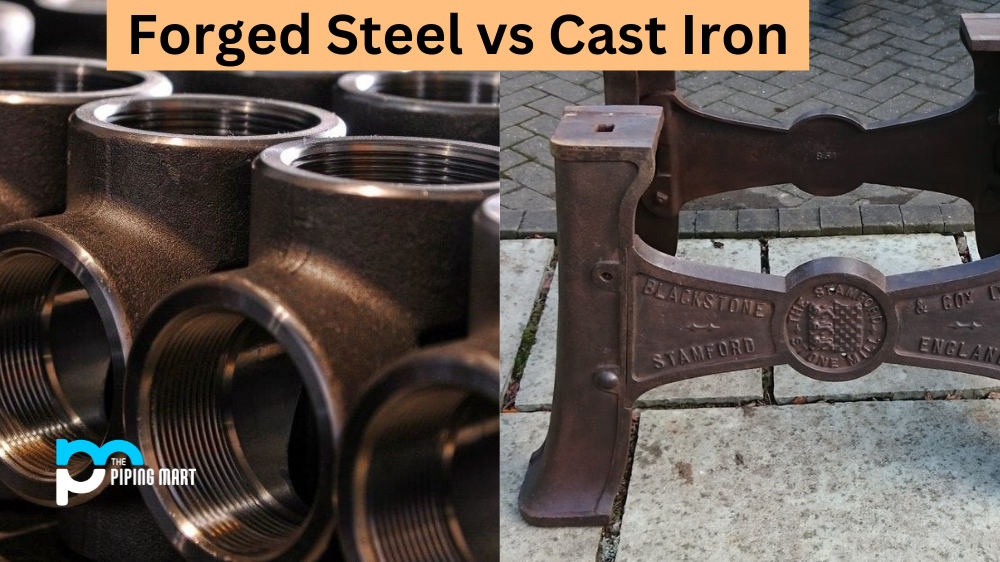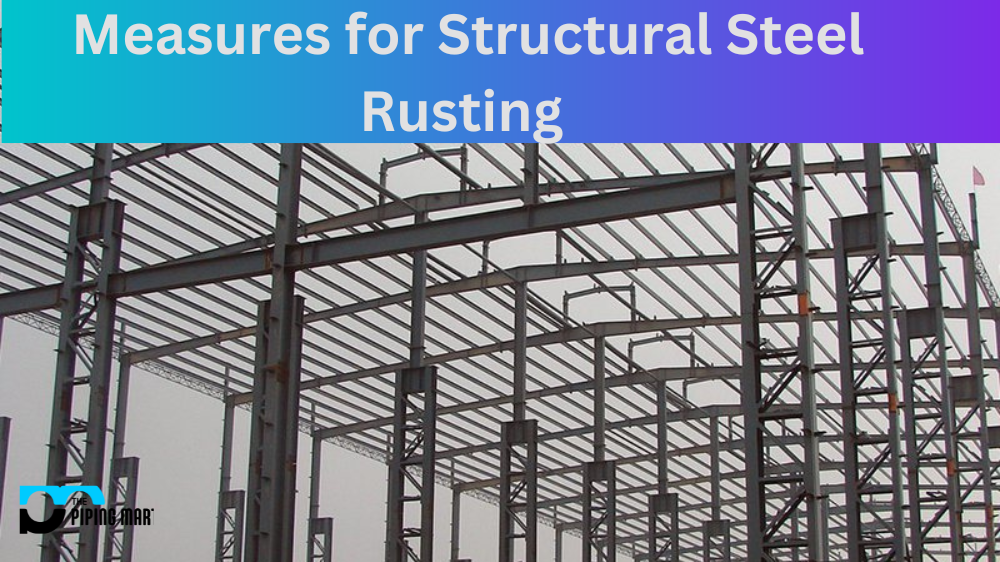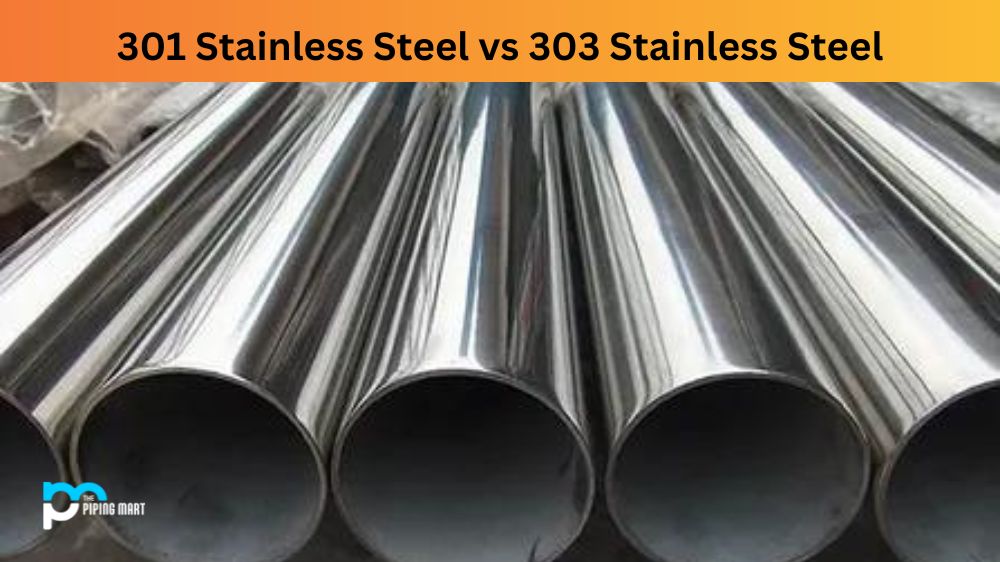When it comes to building and construction, you have a choice between two popular materials, forged steel and cast iron. Which should you use? Let’s break down the differences between the two materials so that you can make an informed decision.
Forged Steel
Forged steel is a high-quality steel alloy that undergoes a process called forging. To forge steel, it is heated to extreme temperatures and then shaped with hammers or presses under immense pressure. This process produces extremely strong, durable steel that is more resistant to wear and tear than other types of steel. It also has greater tensile strength than cast iron. Because of its strength and durability, forged steel is often used in applications where strength and durability are paramount—like heavy machinery components, aerospace parts, industrial tools, and automotive parts.
Cast Iron
On the other hand, cast iron is created by melting pig iron (an alloy of iron) and pouring it into moulds to form various shapes. The result is an extremely hard material that is not as malleable as forged steel but still strong enough for many applications. Cast iron is often used in the manufacturing of engine blocks and machine tools because it retains heat well—something which makes it useful for high-heat processes like welding or casting other metals into shape. Additionally, cast iron can be machined into complex shapes more easily than forged steel due to its malleability once cooled down from the casting process.
Difference Between Forged Steel and Cast Iron
- Forged steel is made from a single piece of metal that is heated and then shaped into the desired shape.
- Cast iron is made by melting iron in a furnace and then pouring it into a mould.
- Forged steel is stronger than cast iron.
- Cast iron is more brittle than forged steel.
- Forged steel is less likely to rust than cast iron.
- Cast iron is less expensive than forged steel
Conclusion:
Overall, both forged steel and cast iron have their own unique advantages when it comes to building and construction projects. Forged steel offers superior strength and durability, while cast iron has better heat retention properties and easier machining capabilities. Depending on your application or project requirements, either material could be suitable for your needs; however, if you’re looking for superior strength, then forged steel may be the way to go. Ultimately only you can decide which material will best suit your project needs – but now, at least, you know what each material has to offer!

Pipingmart is a B2B portal that specializes in metal, industrial and piping items. Additionally, we share the latest information and information about materials, products and various types of grades to assist businesses that are involved in this business.




